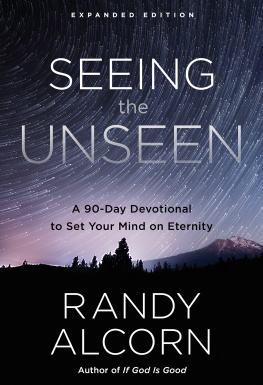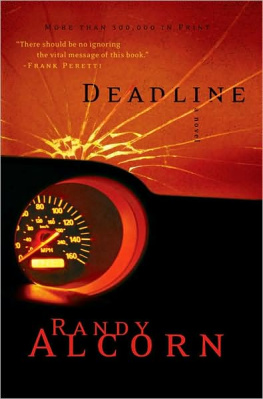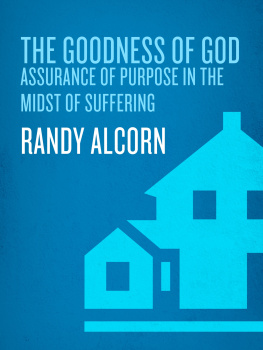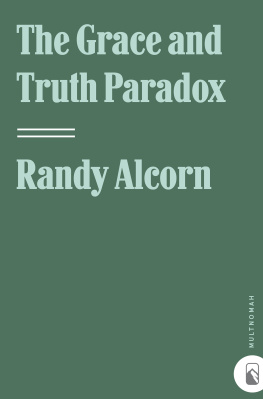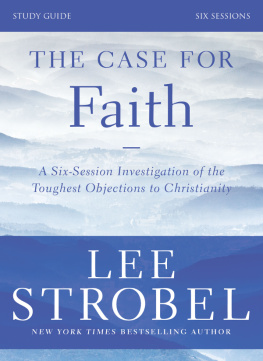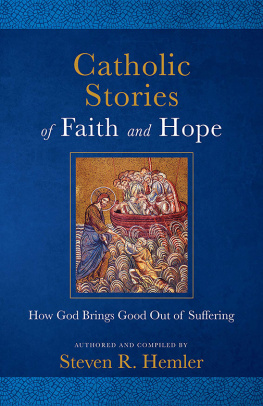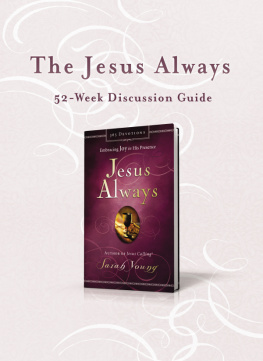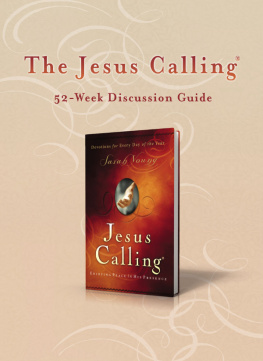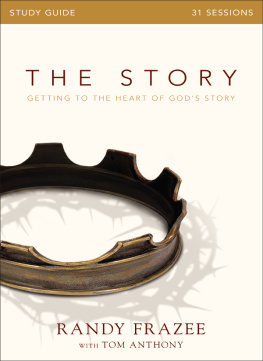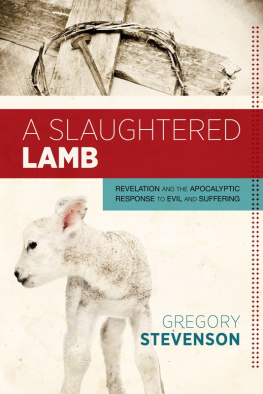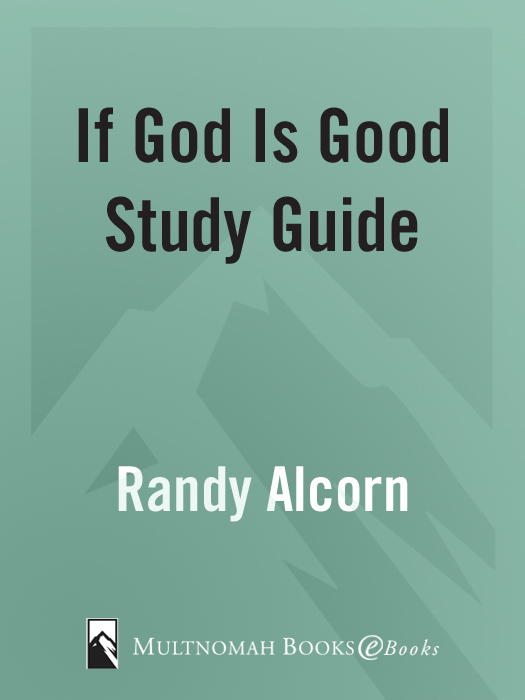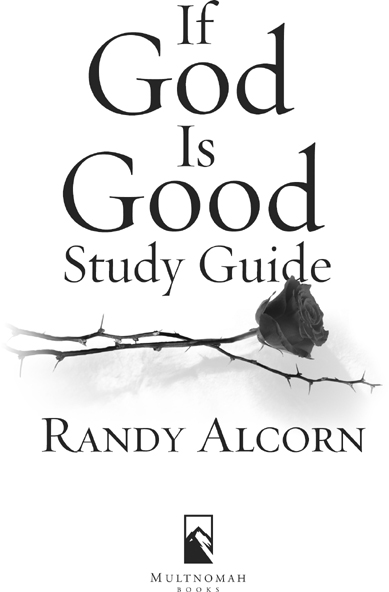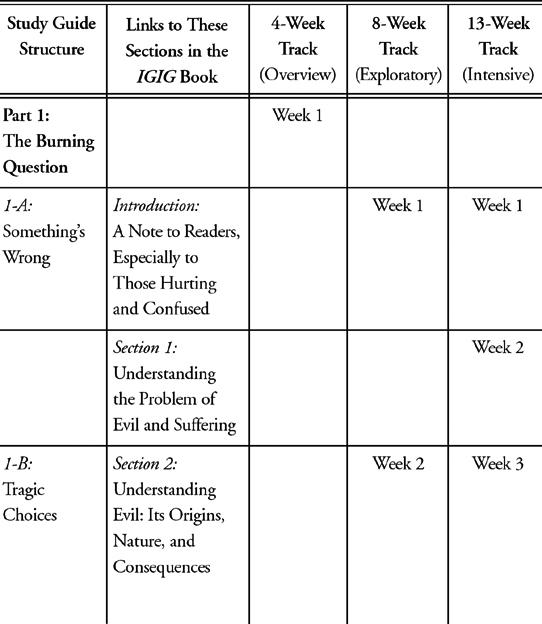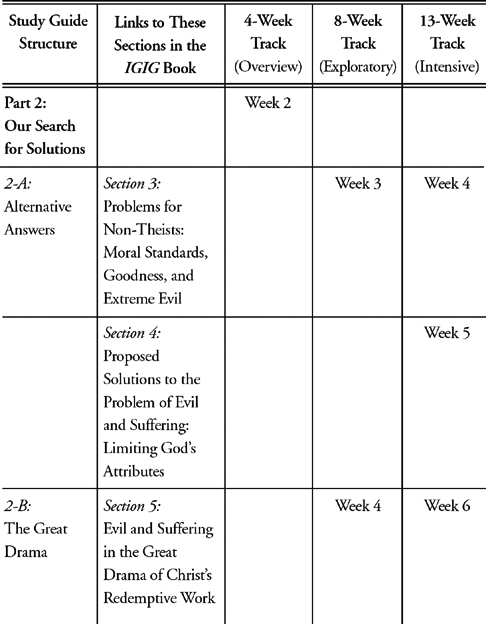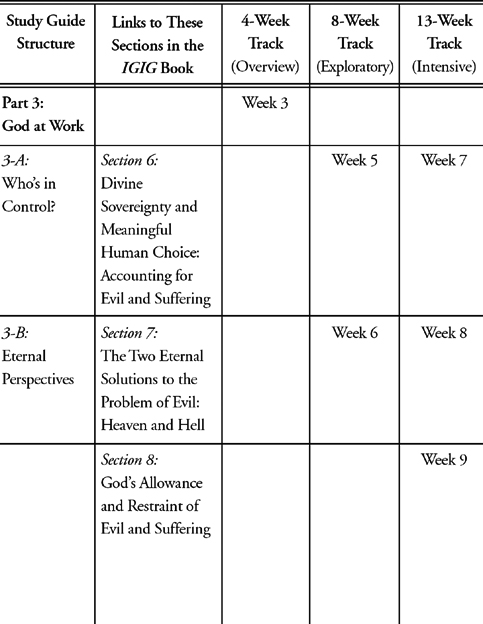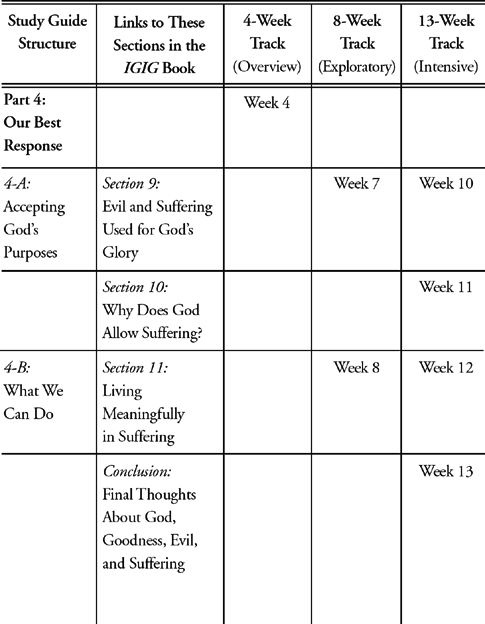Randy Alcorn - If God Is Good Study Guide: Companion to If God Is Good
Here you can read online Randy Alcorn - If God Is Good Study Guide: Companion to If God Is Good full text of the book (entire story) in english for free. Download pdf and epub, get meaning, cover and reviews about this ebook. year: 2010, publisher: The Crown Publishing Group, genre: Religion. Description of the work, (preface) as well as reviews are available. Best literature library LitArk.com created for fans of good reading and offers a wide selection of genres:
Romance novel
Science fiction
Adventure
Detective
Science
History
Home and family
Prose
Art
Politics
Computer
Non-fiction
Religion
Business
Children
Humor
Choose a favorite category and find really read worthwhile books. Enjoy immersion in the world of imagination, feel the emotions of the characters or learn something new for yourself, make an fascinating discovery.

- Book:If God Is Good Study Guide: Companion to If God Is Good
- Author:
- Publisher:The Crown Publishing Group
- Genre:
- Year:2010
- Rating:3 / 5
- Favourites:Add to favourites
- Your mark:
If God Is Good Study Guide: Companion to If God Is Good: summary, description and annotation
We offer to read an annotation, description, summary or preface (depends on what the author of the book "If God Is Good Study Guide: Companion to If God Is Good" wrote himself). If you haven't found the necessary information about the book — write in the comments, we will try to find it.
of Todays Most Troubling Issue
The reality of evil and suffering is not only our cultures biggest objection to faith in God, but also a piercing thrust into the soul of every believer at some point in their lives.
Those facts compel us to prepare in order to handle the doubts and questions that roll over us like a storm tide whenever we confront the worst of pain, malice, and injustice. This study guide to Randy Alcorns If God Is Good: Faith in the Midst of Suffering and Evil helps you gain perspective on suffering and Gods unfailing goodness.
Designed for both individual and group use, this guide is adaptable to whatever schedule and approach is most convenient for youfrom a four-week overview, to an exploratory eight-week journey, to an intensive thirteen-week course.
Included throughout are a variety of questions for reflection and discussion, plus book excerpts that capture the highlights and best insights from If God Is Good. In addition, a group leaders guide offers guidance for steering a group through any of the three approaches.
Let this book be your guide as you face up to a seriously perplexing issue and the countless questions it keeps generating.
Randy Alcorn: author's other books
Who wrote If God Is Good Study Guide: Companion to If God Is Good? Find out the surname, the name of the author of the book and a list of all author's works by series.


